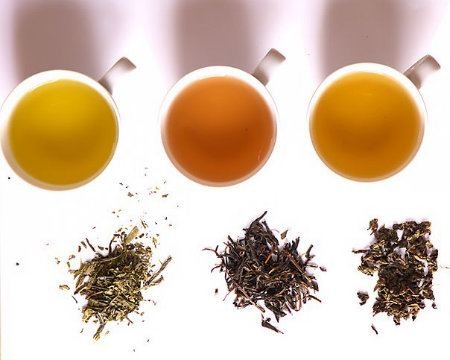Cheap Tea Linked To Bone Problems
A lot of British people woke up to some harrowing news today, because a recent study suggests that cheaper brands of tea could lead to serious health problems.
The average person in the U.K. drinks four cups of tea a day, and according to the Telegraph, researchers at the University of Derby found that unbranded black tea blends sold at popular supermarkets like Tesco contain enough fluoride to cause bone and tooth problems.
Tea plants accumulate fluoride, and it's at the highest concentration in the plants' oldest leaves, which are also the leaves that make the strongest tea. "When tea is harvested, these older leaves may be used to produce lower quality, stronger teas such as economy teas," said researcher Laura Chan.
Fluoride is an essential micro-nutrient, but too much can lead to bone and tooth problems, so the U.S. National Academy of Sciences recommends that adults consume less than 4 milligrams a day, but the economy teas tested had an average of 6 milligrams per liter. Branded teas like PG Tips and Twinings had half that, while high-end Oolong and Pu'er blends had less than a milligram of fluoride per liter on average.
"People may be drinking excessive volumes of tea in addition to other dietary sources of fluoride and may not realize these potential health implications," Chan said. "Indeed, there have been cases, in both the U.K. and the USA, of skeletal fluorosis in individuals who drank more than the average amount of economy tea."
Because strong tea blends can have high enough concentrations of fluoride to cause health problems, Chan and other researchers recommend adding fluoride concentration to the nutritional information listed on tea packages so drinkers won't be caught unawares.
